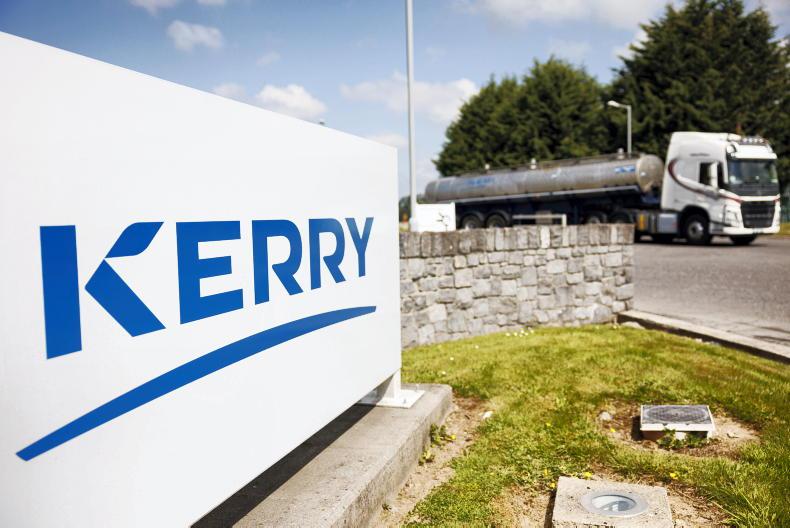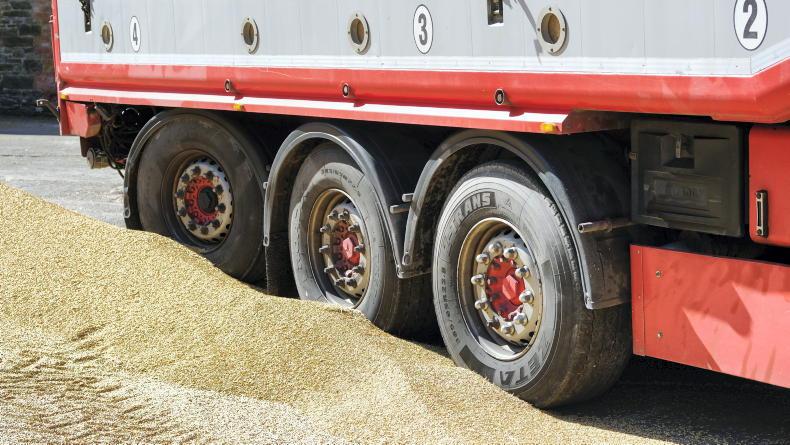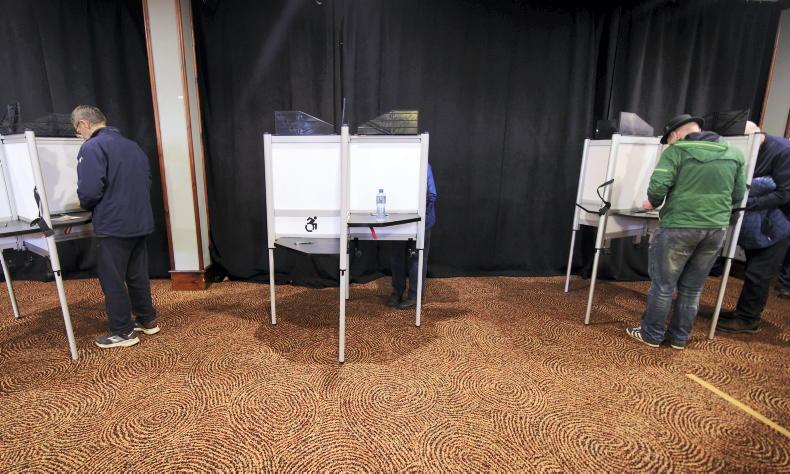The Kerry joint venture is in peril. Leaked documents suggest a loaded deal, with the co-op required to buy the whole Irish processing business out within five years.
Concerns are circulating over the condition of processing facilities and future investment requirements. The co-op can’t speak publicly until the proposal is released to the stock exchange, but its assertion that the final decision will be made at board level is causing fear, anger, and revolt.
When Glanbia Co-op embarked on its joint venture proposal in 2010, all 14 co-op board members sat on the plc board. This gave them a deep insight into the strengths and weaknesses of the business they were buying into.
The co-op puts forward a list of nominees for two seats representing suppliers, and Kerry Group selects from that list
In contrast, Kerry’s board contains no current, or to my knowledge, past members of the Kerry Group board. The co-op puts forward a list of nominees for two seats representing suppliers, and Kerry Group selects from that list. It leaves the Kerry Co-op board hopelessly ill-equipped to carry out negotiations with Kerry Group.
Failed merger
To put it in context, in 2019 Kerry Group negotiated a €22bn merger deal with DuPont that ultimately narrowly failed. Kerry Group’s corporate history contains six pages of multi-million acquisitions. In contrast, Kerry Co-op’s biggest recent ‘acquisition’ was appointing Thomas Hunter McGowan as their first independent CEO.
Ireland’s recent corporate history means reassuring reports from any of the big auditing firms will be treated with scepticism by co-op shareholders
He is the only executive employee of a co-op with €2.5bn in shareholder assets. The 21-strong board, which contains at least three factions, have as much chance of beating the Dublin footballers as of going toe-to-toe with Kerry Group. And Ireland’s recent corporate history means reassuring reports from any of the big auditing firms will be treated with scepticism by co-op shareholders.
Which ultimately means it comes down to trust. Can the co-op trust that Kerry Group won’t stitch them up? It’s incumbent on Kerry Group to remember where they came from, and deliver a fair and balanced deal.
The co-op board, in turn, has to trust its shareholders. The board may have the legal right to vote a deal through, but have no moral authority to do so.
The success of Kerry means their original investment will be repaid many times over
By the same token, shareholders, if entrusted with the future of milk processing in Kerry, have to remember that the co-op was formed in 1974 for the common good. It strove to ensure that dairy farmers had security of collection and payment, and this need is as pressing today, and into the future. The success of Kerry means their original investment will be repaid many times over, even if some of the wealth created is re-invested in this joint venture.
Everyone needs to take a deep breath, but it can only start with an announcement from Mundy Hayes that the shareholders’ approval will be sought, and required, for this deal to happen.










SHARING OPTIONS